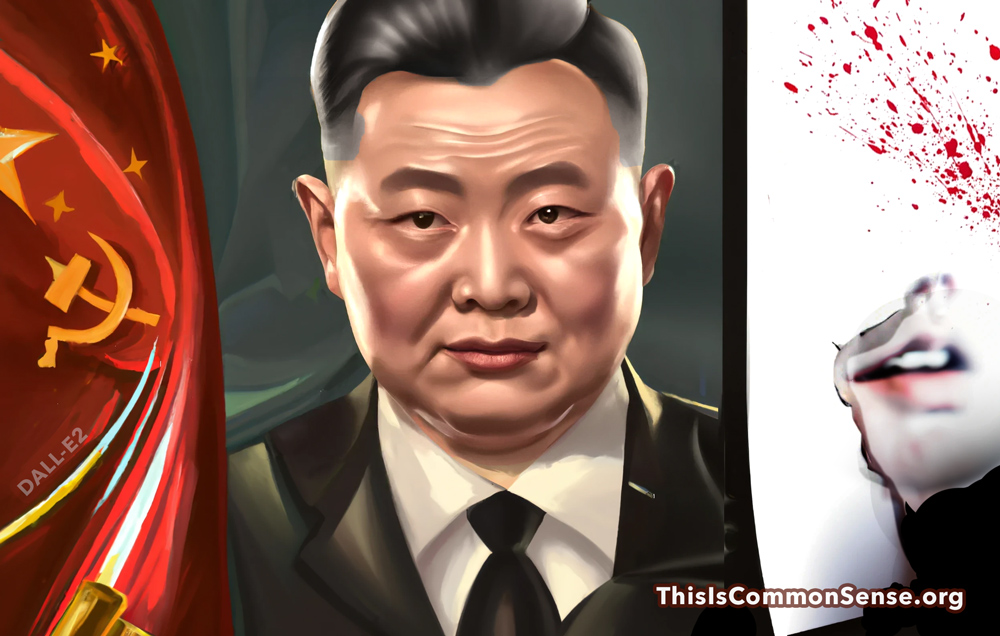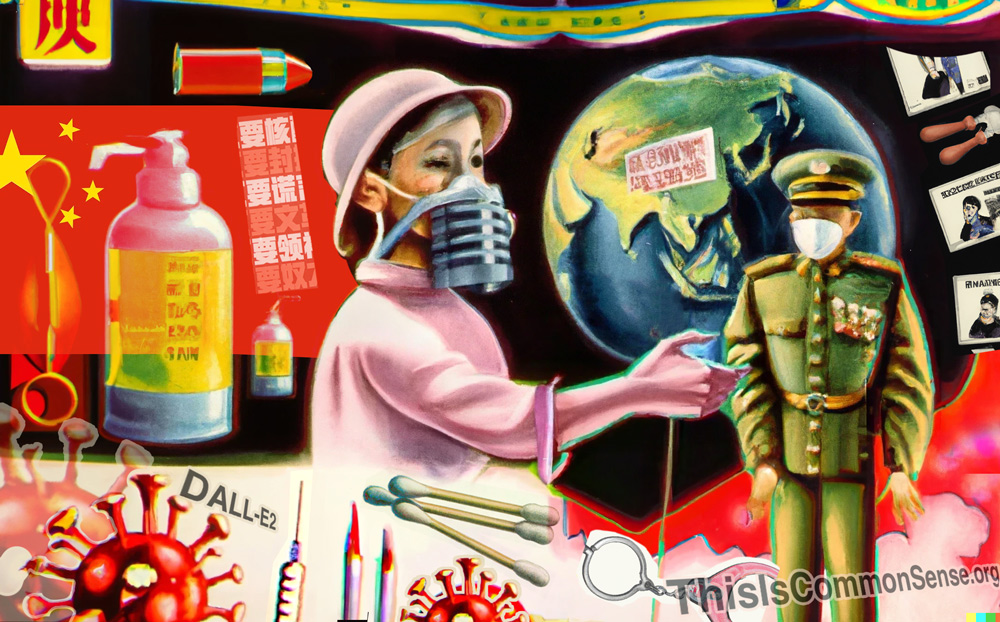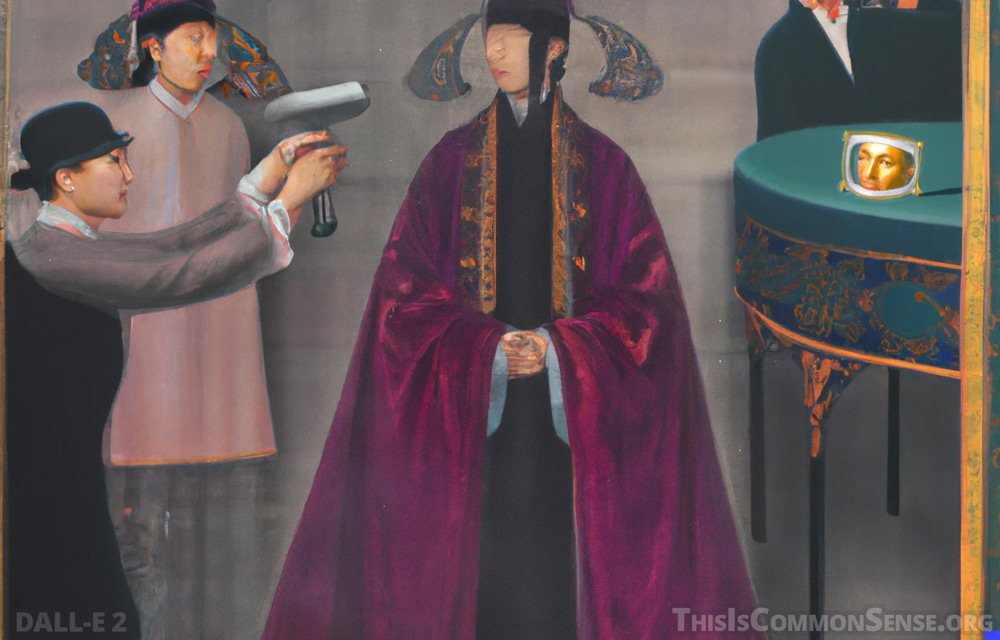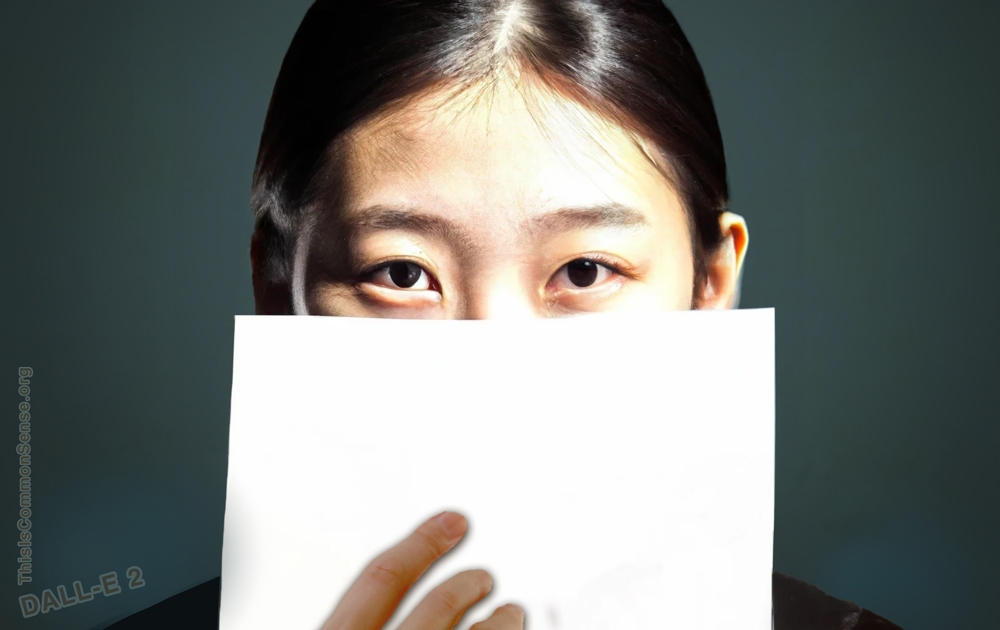“Governments do unconscionable things every day; it is in their nature,” writes Katherine Mangu-Ward in the February Reason. “But not all transgressions are equal.”
Ms. Mangu-Ward’s piece is entitled “Bodies Against the State,” and though she doesn’t quite come out and say it, not all protests are equal, either, with some deserving more respect than others.
“In China, crowds of people line the streets,” Mangu-Ward writes. “They are holding blank sheets of paper.” This is something I’ve written about, too, in “Point Blank Protest” back in November. “The police nonetheless know what they mean. The leaders of the Chinese Communist Party know what they mean. The world knows what they mean.”
Helpfully, she explains: “the protesters’ goal is to make manifest the implied violence that authoritarian states use to keep order.”
Of course, in China, even more than here (not all transgressions being equal), the state’s violence is too often more than merely implied.
And in America, the symbolism of protests has been marred by too much violence — something Mangu-Ward mangles in her piece. But the point of pitting oneself symbolically against state crimes remains important, as she explains: “The most perfect and enduring image of a person weaponizing his body against the state was taken after the brutal suppression of protests in Tiananmen Square in 1989. The unknown Chinese man standing in front of a tank didn’t have to hold a sign for the entire world to know exactly what the problem was.”
The art of protest needs some perfecting in the west. When our protests run to riot, their symbolic impact becomes confused, and adds to our ideological strife, clarifying nothing — quite unlike Tank Man, and the blank paper protests.
This is Common Sense. I’m Paul Jacob.
Illustration created with DALL-E2
—
See all recent commentary
(simplified and organized)





